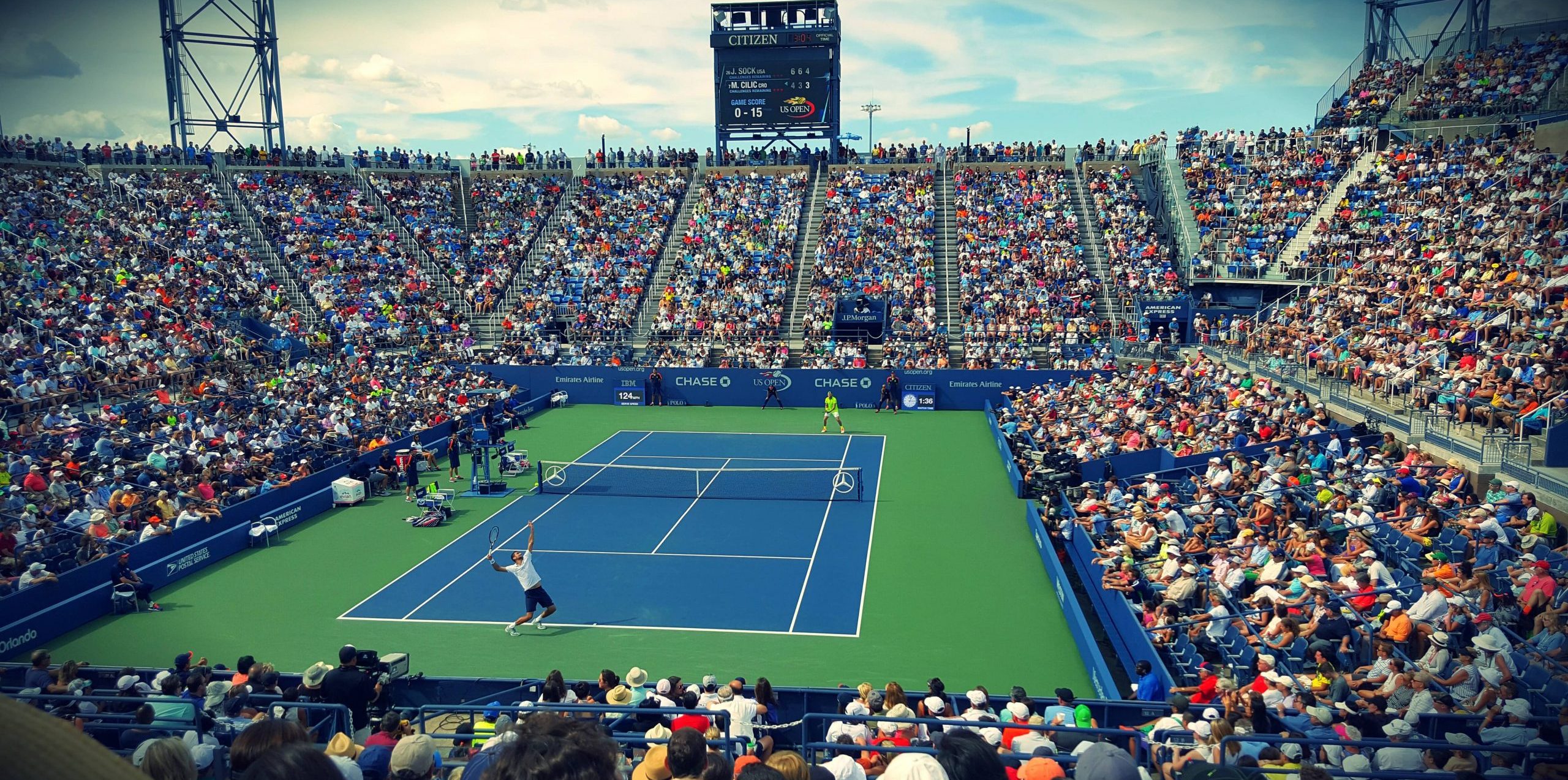A natural part of our career development is managing expectations as we age when we can’t perform as we want. While our mind may be as experienced as ever, our bodies struggle to cope with the demands. Our guest writer, Matthew, explores this and asks the question: What gets them out of bed on a morning?
In the world of sport and performance, it’s often misconstrued that only the really successful or upper echelons of sports people will require any form of mental coaching. This isn’t entirely true. With the ease of access to materials and books, quite literally any person of any ability can learn mental skills in order to help them perform better. At the very least, they can achieve incremental improvements towards a goal.
Now, while the majority of sport people will look to acquire this kind of learning early on in their respective careers, it doesn’t mean that the seasoned professional or long time amateur would not benefit from this. In fact, if anything I would argue that by this stage of their career, mental coaching would become even more relevant than at the beginning of the career.
Skills across the ages
As a younger person reaching out to acquire mental skills to perhaps help them win amateur competitions, or even just to get more enjoyment out of the game they love, there is a clear sense of progression within their career. They have set a target to compete on the amateur circuit, and the dangling carrot of turning professional in their chosen sport is still hanging, beckoning them towards it. Not only does this act as a great motivator, but it answers the question I prefaced with, why do they get out of bed in the morning? This is a huge incentive to practice their craft and get better. To realise and achieve their dream.
Herein lies the semi trap that motivation creates, what happens when you achieve these goals that you set? Of course, you can set new goals and if you’re hungry enough for success this will indeed, motivate you to keep pushing just to see exactly how much you can achieve. However, if too much emphasis is focused on clearing your first motivational hurdle so to speak, you won’t finish the race. Being quickest to the first fence might win you plaudits from your peers and might even satisfy you in the short term, but as for your long-term prospects, the job isn’t finished.
Consequently, as you age and progress through your career, it’s important to set realistic targets and ensure some level of future proofing to keep motivation and interest high. Your targets and expectations will change over time regardless of how successful you are.
Riding the wave
The phase heard so often in professional tennis is “Holding back the wave.” In saying this, how long can the ‘Big Three’ of Roger Federer, Rafael Nadal, and Novak Djokovic sustain such a high level of performance which prevents the newer generation of players surpassing their dominance of the sport.
Apart from Dominic Thiem at the US Open last September, can you remember the last time one of these three didn’t win one of the 4 Grand Slam finals? Stan Wawrinka in 2016….¹ Without taking anything away from Thiem, bear in mind that Nadal and Federer opted not to participate last year. Even before that, these three continued their dominance with a small minority of Grand Slam events seeing another player’s name written on the trophy.
Like in most professional sports, success is determined by major titles, grand slam events. The Big Three dominate this area of the game, and this is no fluke. A sport as athletic as tennis means as you age your chance of winning through sustaining high levels of performance decreases, the younger players will have better athleticism and a better ability to recover from setbacks or injuries.
Stopping the wave?
So, knowing this pure fact about physiology, how as a professional athlete do you approach this scenario? You begin to target the Grand Slam events, arranging your schedule to peak for these events. These plans will be drawn up months in advance, tailoring their schedule to be as perfect as they can get it in order to be ready for the major events on the calendar. Although this could be seen as a high-risk strategy, if you get your preparation right, it could be hugely rewarding. But like anything, it cannot go on forever.
Eventually you’re surpassed and you no longer can reach the heights that once brought you much success. The wave cannot be held back forever, and when it happens it sticks in our memory. Pete Sampras lost in the fourth round at Wimbledon in 2001 to a young Swiss player called Roger Federer, with Samaras going for his fifth Wimbledon in a row. After that defeat he never got past the fourth round again.
Motivation can take a serious nosedive here, if you’ve spent your whole career solely pursuing winning and getting better, when this becomes an unrealistic target, it can be demoralising and possibly even cause you to walk away from the sport. So, if this is the end point of performance, how do you fix it?
Diamond in the rough
The key to anything you do, and anything you want to invest time into is that you have to find enjoyment in it. Fundamentally it has to be a love or a passion, then your motivation is from enjoyment and not just success. The sport that does this better than any other is golf. From club competitions to the professional circuits, they are split over ability and difficulty levels to ensure no matter how good you are, there are always people around your level to compete with. So, while you still love playing the game, there’s always that level of competition for you to get the competitive juices flowing again, driving your motivation. And for those who find athleticism escaping them as age creeps up on us, the use of four wheels on the course isn’t as frowned upon, try getting away with that on a tennis court.
If they didn’t enjoy it, they wouldn’t do it. That is why they get out of bed, make the sacrifices most wouldn’t. They love it.
Matthew is avid sports fan, who takes an interest in tennis, and rates Roger Federer as one of the greatest sportsmen of all time. Alongside this, he is an avid golfer who can often be found at the range or on the course in his free time. Having studied Psychology at Manchester Metropolitan University, he has since completed a Masters degree at the University of York in Psychology and is currently studying towards a PhD in the same subject area.
Have a look at our other blogs for more articles surrounding performance. Feel free to let us know what you think through the ‘Contact‘ page and for bitesize sport psychology tips, head over to @leading.edge.performance on Instagram!





Leave A Comment